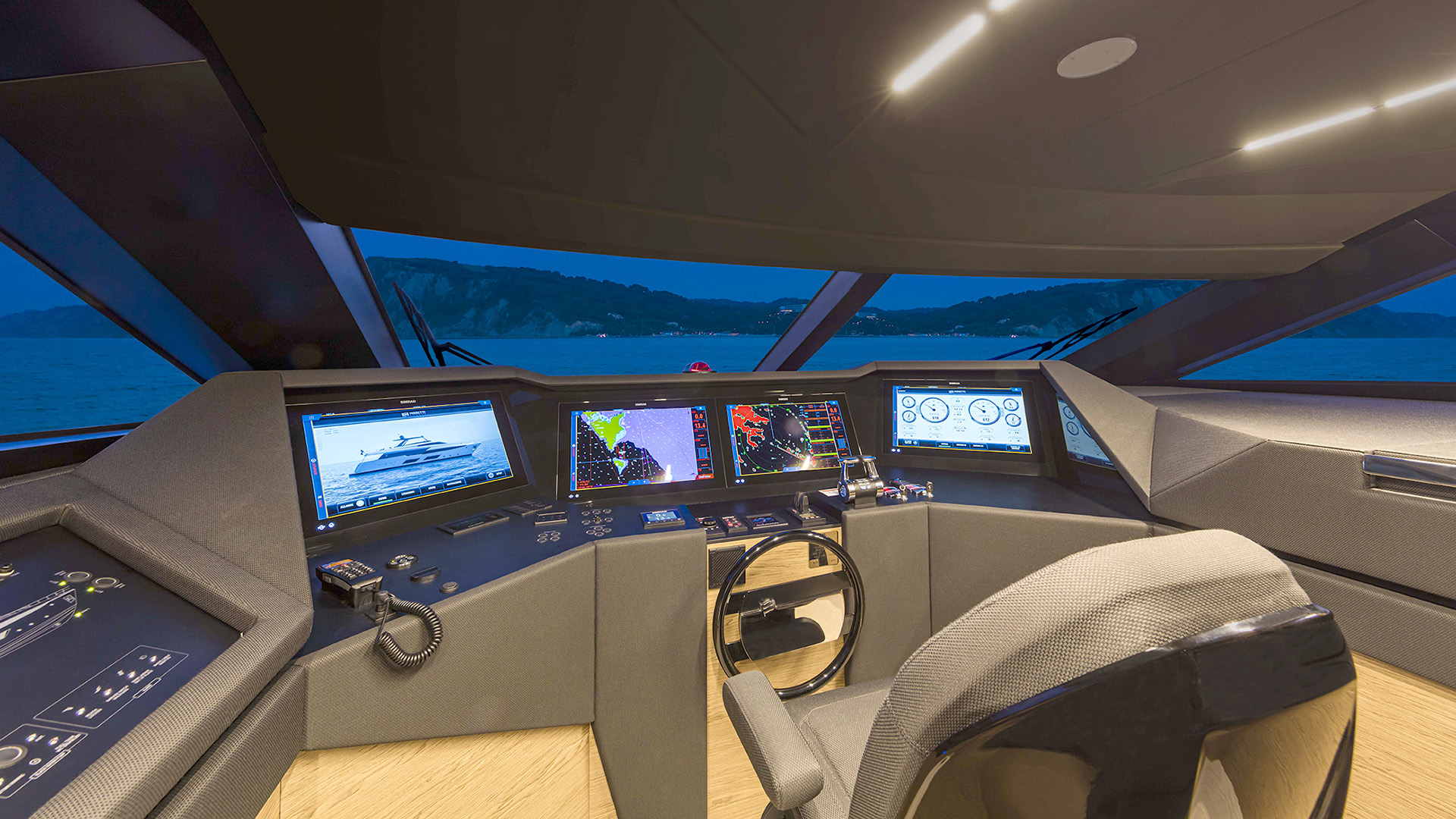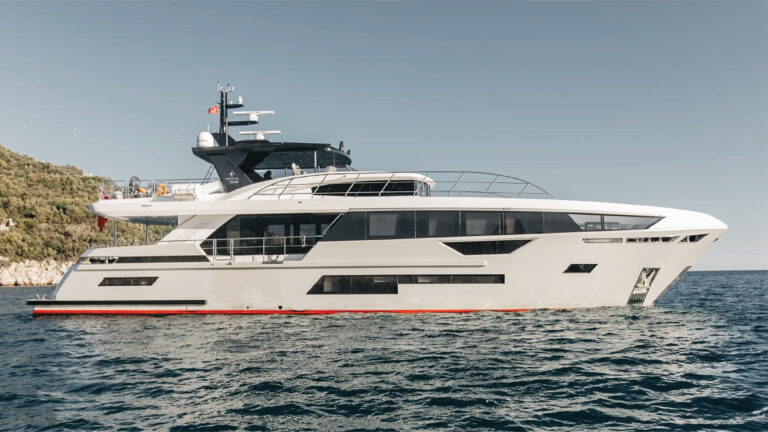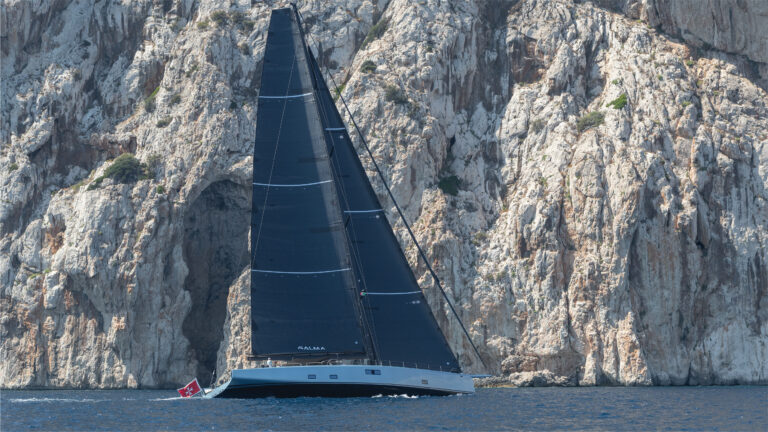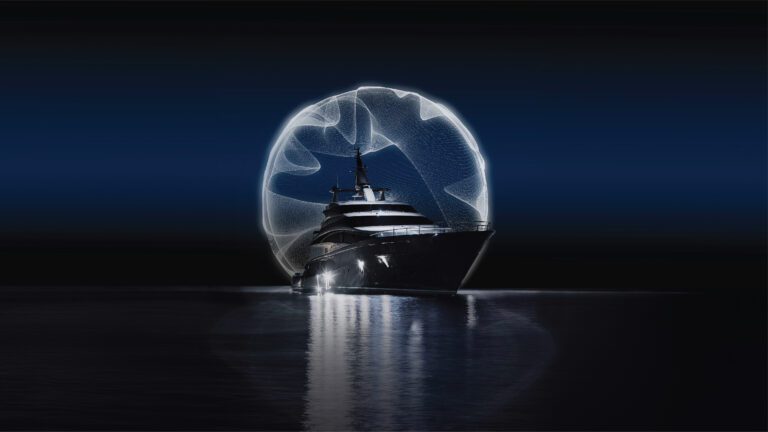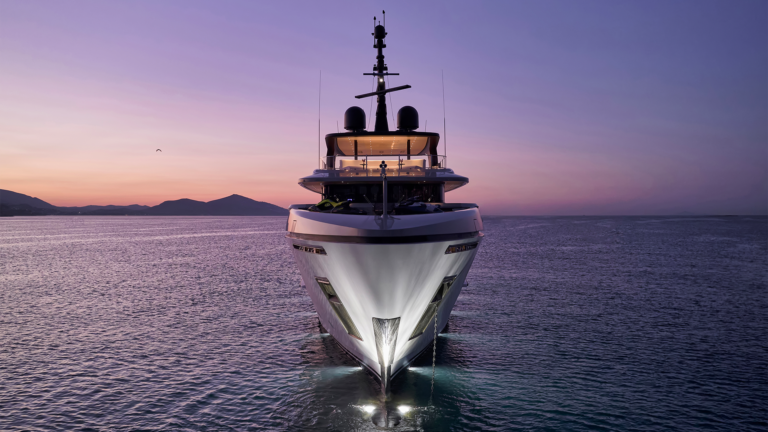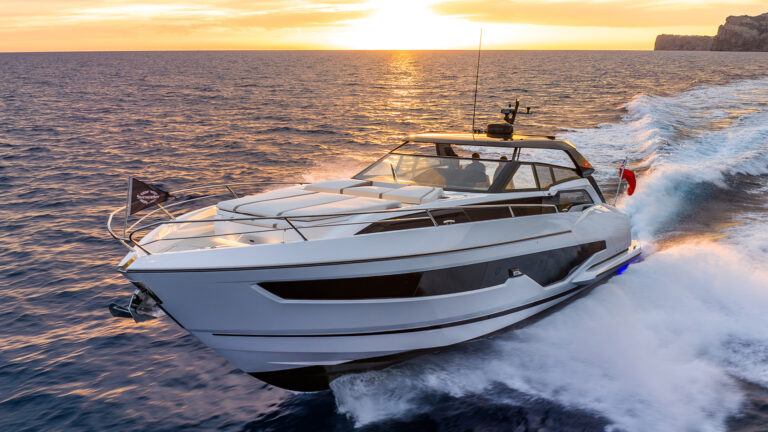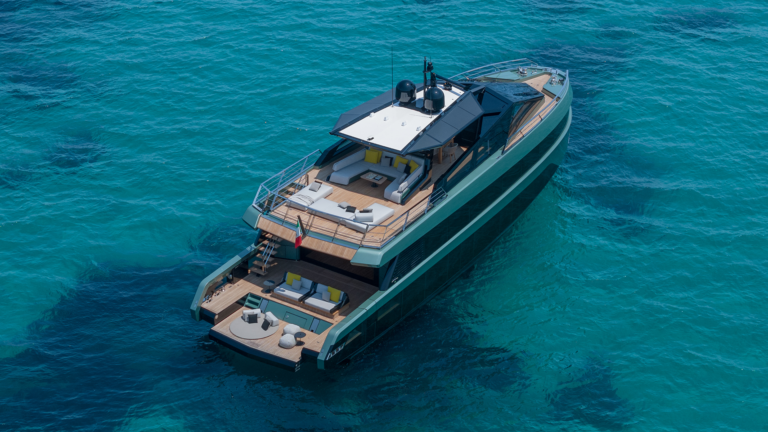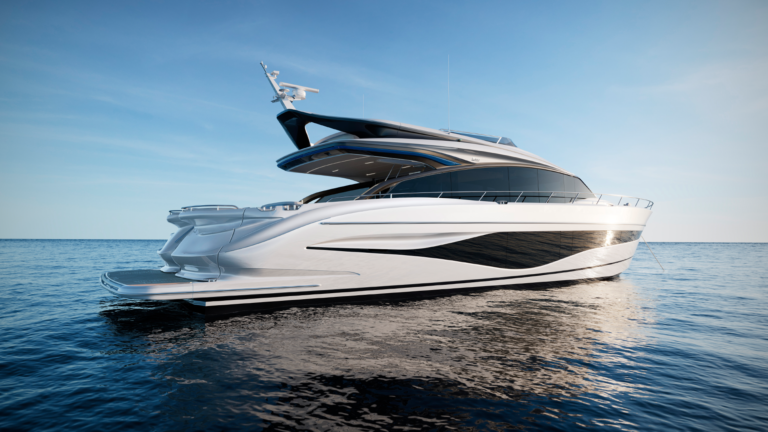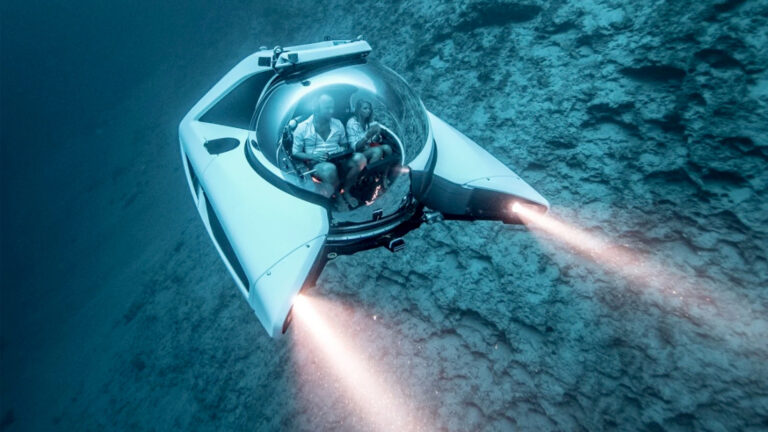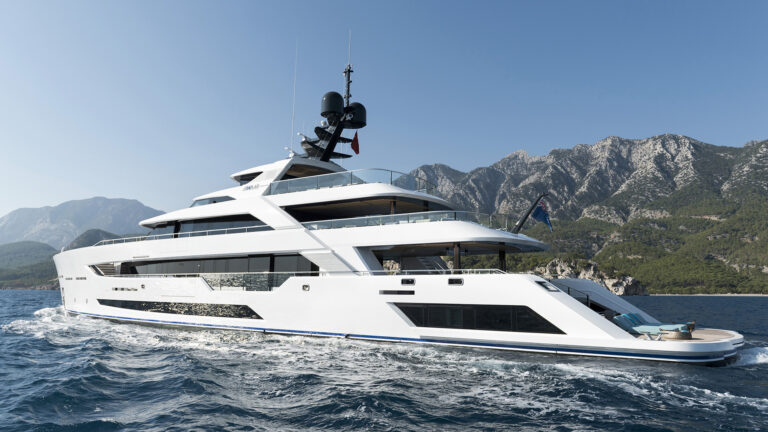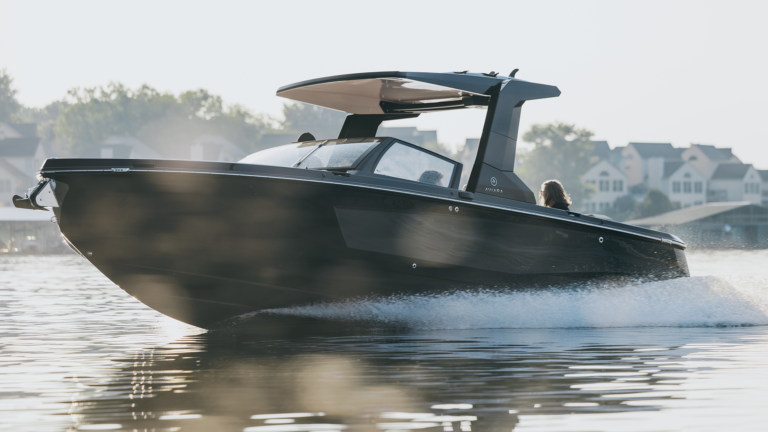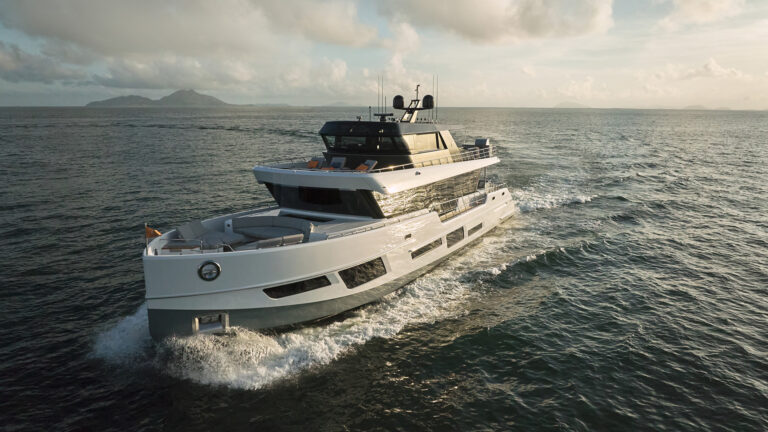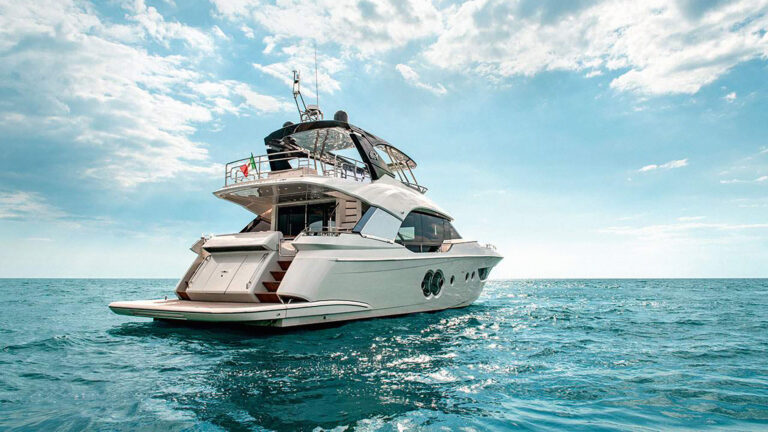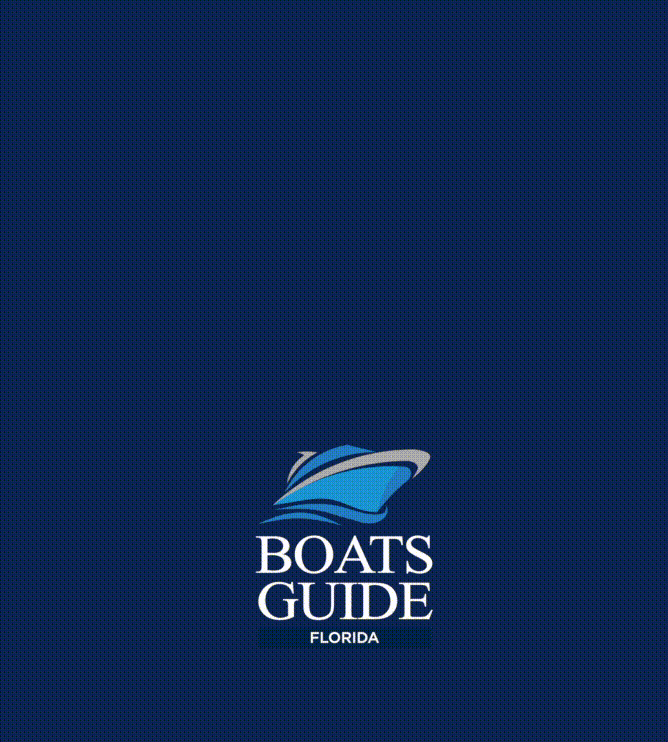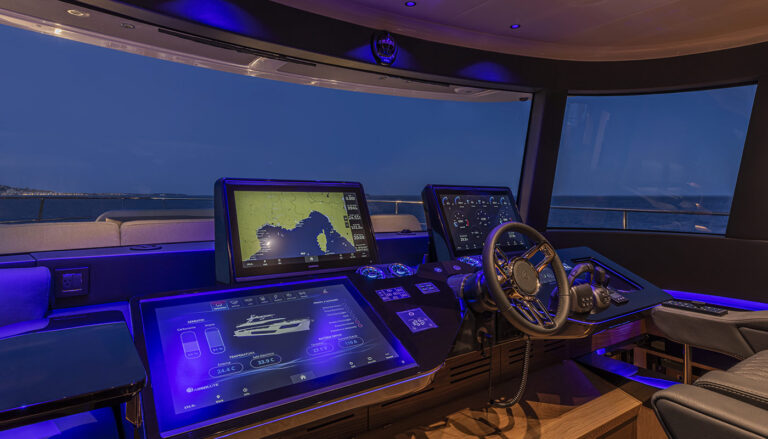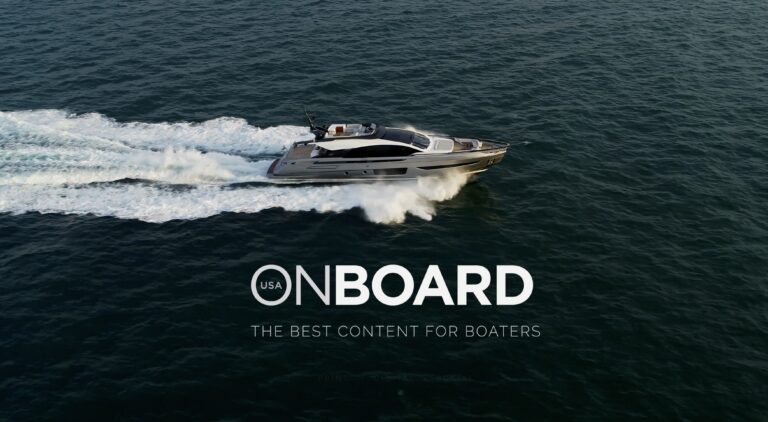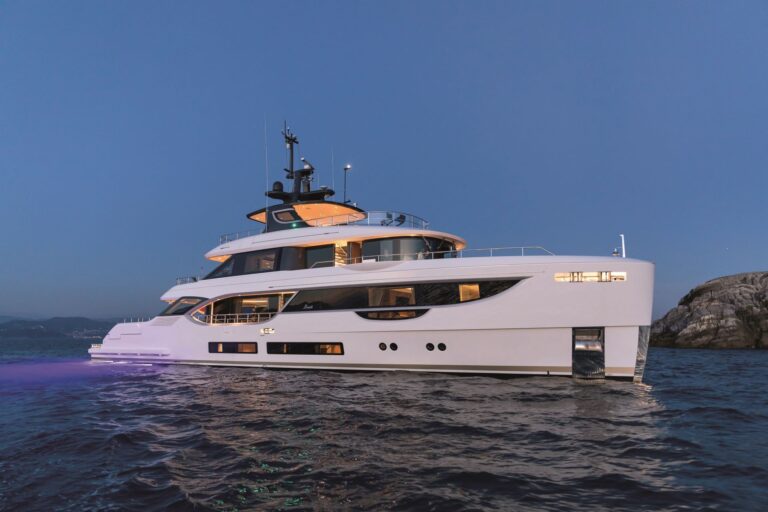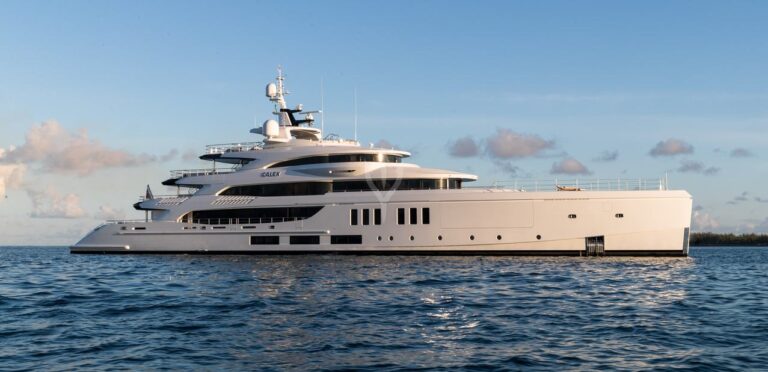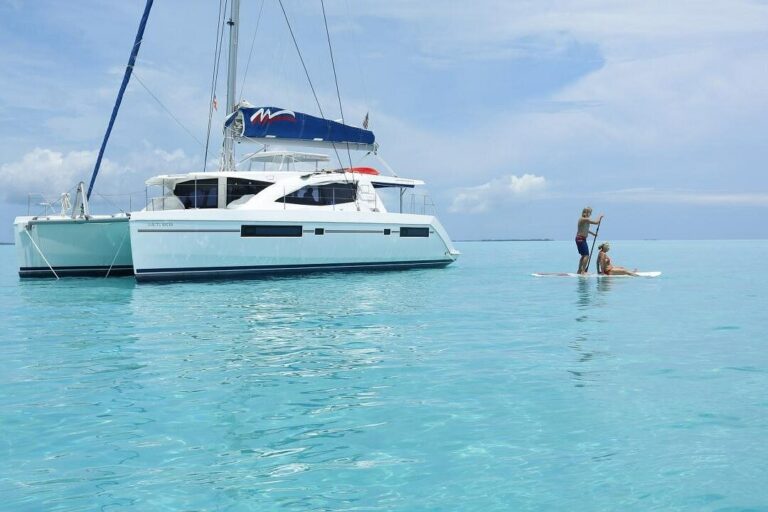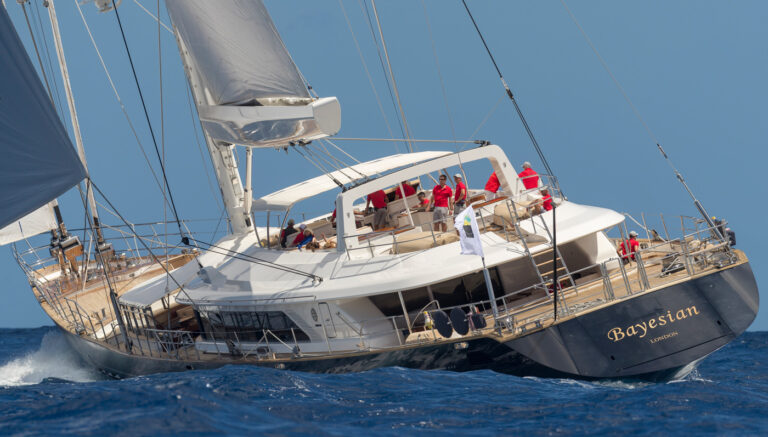As technology advances, boaters can choose whether to navigate with a smartphone or marine GPS. While both options have advantages, there are certain situations where one may be more appropriate.
A GPS built into a ship is specifically designed for marine navigation. It provides accurate information on positioning, speed, and heading, as well as other important data such as depth and water temperature. Boat GPS systems are often more rugged and reliable than phone GPS systems, designed to withstand harsh marine environments, including exposure to salt water and extreme temperatures.
Navigation with a smartphone
One of the biggest advantages of navigating with a smartphone is convenience. Most boaters already have their smartphones close at hand, making it easy to open navigation apps like Navionics quickly. These apps provide real-time GPS tracking, which can be helpful when navigating uncharted waters.
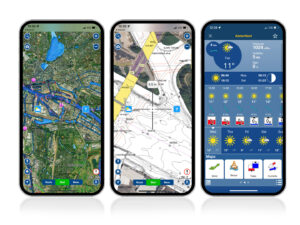 Another advantage of using a smartphone for navigation is the cost. Smartphones are generally cheaper than marine GPS units, and many navigation apps are free to download. Additionally, most navigation apps offer a variety of features, such as weather updates and current information, which can be helpful in planning trips and avoiding hazards.
Another advantage of using a smartphone for navigation is the cost. Smartphones are generally cheaper than marine GPS units, and many navigation apps are free to download. Additionally, most navigation apps offer a variety of features, such as weather updates and current information, which can be helpful in planning trips and avoiding hazards.
However, there are also several disadvantages to using a smartphone for navigation. First, smartphones are not specifically designed for marine use, so they may not be as rugged as marine GPS units. They are also not waterproof, which can be a major problem in case of accidents or unexpected weather changes. Also, remember that smartphones don’t always have access to a strong signal, especially in remote areas or offshore. This can lead to inaccurate – or no – GPS behavior.
Navigation with a marine GPS
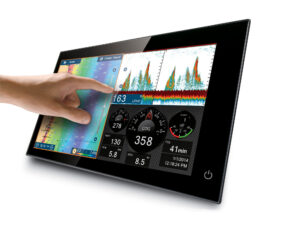 Marine GPS units, whether portable or fixed installation, are specifically designed for use on boats and are built to withstand harsh marine environments.
Marine GPS units, whether portable or fixed installation, are specifically designed for use on boats and are built to withstand harsh marine environments.
One of the biggest advantages of using a marine GPS unit is accuracy. Marine GPS units are specifically designed to provide highly accurate navigation information, even in areas with weak signals. They also offer a variety of features, such as depth sounders and fish finders, that can be useful for fishing and boating enthusiasts.
However, there are also some disadvantages to using a marine GPS unit. First, they can be expensive and usually require professional installation, which can add additional cost. Sometimes they may require additional equipment, such as chart plotters or transducers.
Conclusion
In conclusion, both the use of a smartphone and a marine GPS unit have their advantages and disadvantages. While a smartphone is convenient and inexpensive, it may be less rugged and offer a different accuracy than a marine GPS unit. On the other hand, a marine GPS unit is accurate and durable but can be expensive and require additional equipment.
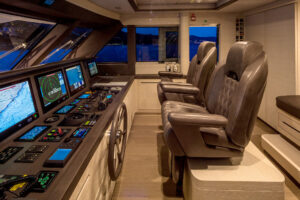
Ultimately, the decision to navigate with a smartphone or marine GPS unit will depend on the individual needs and preferences of the boater. Boaters should carefully evaluate their options and choose the one that best suits their boating style and budget. Regardless of the choice, having a reliable navigation system is important before you venture out on the water.

